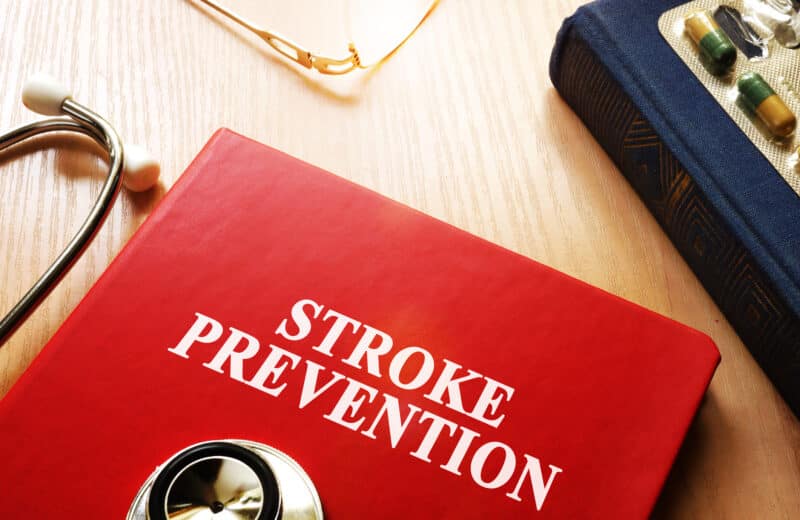One minute you’re feeling a bit woozy; the next thing you know, you’re flat on your back wondering what happened. No matter what you call it — swooning, passing out or fainting — the experience is surprisingly common. About a third of people say they’ve fainted at least once.
Although often harmless, fainting can cause injuries and sometimes signals a problem with the heart or circulatory system.
“Witnessing a faint can be scary, because it can look like the person has died,” says Harvard professor Lewis A. Lipsitz, M.D., director of the Division of Gerontology at Beth Israel Deaconess Medical Center and the Institute for Aging Research at Hebrew SeniorLife in Boston. If it’s really a faint, the person will regain consciousness quickly; if not, call 911. Here’s the lowdown on the most common reasons people pass out.
The “common faint” (vasovagal syncope)
These faints are caused by excessive stimulation of the vagus nerve, the part of the nervous system that regulates blood pressure and heart rate. In response to some trigger, the blood vessels in your legs relax and the heart rate slows, making it difficult for blood to return to the heart. Blood pressure drops, and down you go.
Sometimes, the trigger for vasovagal syncope is a strong emotion, such as a response to bad news, the sight of blood or a feeling of panic or claustrophobia. This type of faint can also occur when you have a bad coughing spell or strain to have a bowel movement, or even if you’ve been standing for a long time. Vasovagal syncope tends to be more common in people under 35. With age, the nervous system doesn’t react as quickly, so these types of faints occur less frequently.
Low blood pressure when standing upright (orthostatic hypotension)
The classic example is a 70-something person who’s been ill (and therefore not eating or drinking normally) and who faints right after getting out of bed in the morning. Older people are more prone to abnormalities in blood pressure regulation because of age, medications or disease, explains Lipsitz.
With age, blood vessels tend to stiffen, and the body’s system for monitoring blood pressure becomes less sensitive. Older people are more likely to take drugs that can worsen orthostatic hypotension, such as beta blockers (which reduce the heart rate) and alpha blockers (which can reduce blood pressure; they’re used in men to treat an enlarged prostate). Older folks are more prone to dehydration, as the sense of thirst diminishes over the years. Also, diseases such as diabetes, cancer and Parkinson’s (all of which are more common with age) may cause orthostatic hypotension.
Abnormal heart rate
If your heart rate is very fast, your blood pressure may fall, and fainting may follow. A number of different heart conditions — from problems with the heart’s electrical system to defective valves — can trigger palpitations, a feeling that your heart is fluttering, racing, or missing a beat. Conversely, a very slow heart rate can also cause you to faint. This condition is usually caused by electrical abnormalities in the heart or heart damage from a heart attack or other disease. Thyroid problems and certain medications can also lead to an abnormally slow or fast heart rate.
Finding the underlying cause
If a young, healthy person faints after an obvious vasovagal trigger, there’s not always a need to see a doctor. But if you faint for the first time after age 40, see a doctor to explore all the potential causes. He or she should check your blood pressure (both sitting and standing, if orthostatic hypotension is suspected) and do an electrocardiogram (ECG), a test that checks for electrical problems with the heart.
If you have any type of heart disease — including a previous heart attack, a rhythm disorder such as atrial fibrillation, a narrow or leaking heart valve, or heart failure — fainting may foretell a more serious problem and may require more extensive testing, says Lipsitz.
(Julie Corliss is executive editor of Harvard Heart Letter.)
(C) 2017. PRESIDENT AND FELLOWS OF HARVARD COLLGE. ALL RIGHTS RESERVED. DISTRIBUTED BY TRIBUNE CONTENT AGENCY, LLC.












